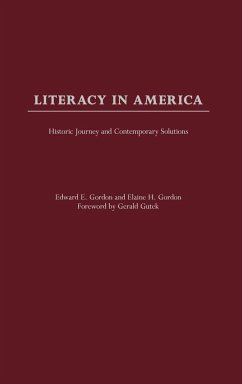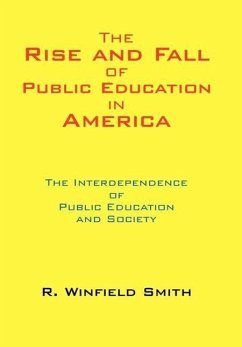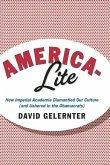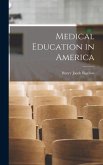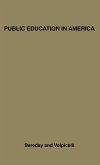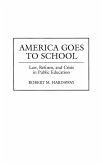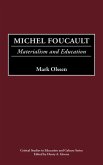This book is the first comprehensive history of how the American people achieved varying degrees of literacy from early colonial times to the modern era. The authors demonstrate that literacy education is not synonymous with schooling. By focusing on people rather than statistics, including literacy among women and minority groups, they explore the literacy agents, methods, and materials used at different times and places throughout the history of the country. The authors define literacy as the degree of interaction with written text that enables individuals to be productive members of their societies. Family literacy is essential to awakening the personal responsibility and motivation necessary for children to develop a love of reading. This effort requires more intensive collaboration procedures between the home and the school, some of which are detailed here. Based largely on primary materials, this historical survey reveals important lessons from the past that can be applied to achieve higher levels of 21st- century literacy.
Hinweis: Dieser Artikel kann nur an eine deutsche Lieferadresse ausgeliefert werden.
Hinweis: Dieser Artikel kann nur an eine deutsche Lieferadresse ausgeliefert werden.

